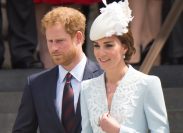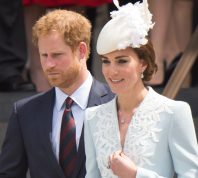Prince William and Kate Middleton May Be Forced to Deal With Major Dilemma After Becoming King and Queen
The scaled down monarchy might lead to a problem for the future king.
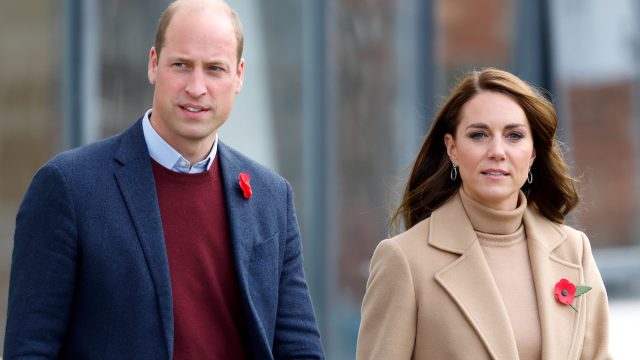
Historically, appointing Counsellors of State has never been an issue. Because the pool of potential appointees is generally filled by siblings or children of the monarch, and most monarch's have relatively large immediate families, there are usually a lot of viable people to choose from. However, over the past few years, the pool has gotten smaller and smaller. For one, King Charles only has two children, one of which will be the King one day himself. Additionally, three members of the family have opted to step down from their official duties, making them less desirable options.
King Charles recently fixed the situation temporarily, moving to add his sister, Princess Anne, and brother, Prince Edward, to the pool. However, according to Royal Experts, it could get trickier in the future once Prince William becomes king. Keep reading to learn more— and to explore the secrets of the Royal Family, don't miss these Biggest Royal Romance Scandals of All Time.
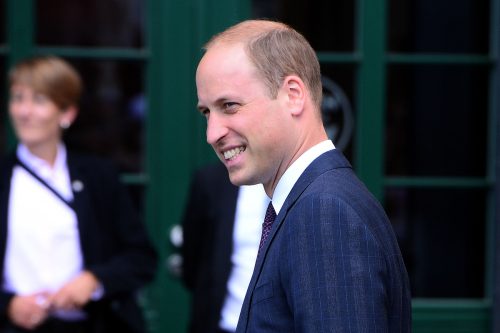
Craig Prescott, author and lecturer in law at Bangor University points out that William and Kate might experience difficulty choosing Counsellors of State when he becomes king, as his brother and sister-in-law will be off the table, and his aunt and uncle will be too old.
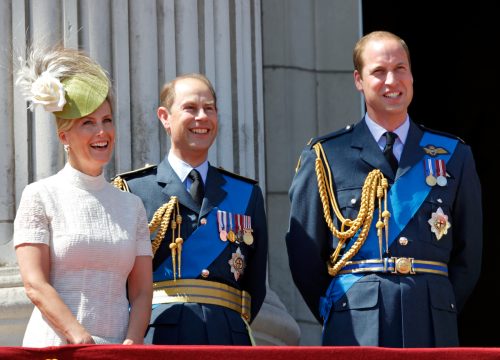
"The debate in the House of Lords on Monday was interesting because it did start to look longer into the future," Prescott pointed out to the Daily Express. "In perhaps in 20 years or so, we may have a much smaller Royal Family, focused on William and Catherine as King and Queen, and their children, supported by Prince Edward. At this point Princess Anne will be in her 90s."
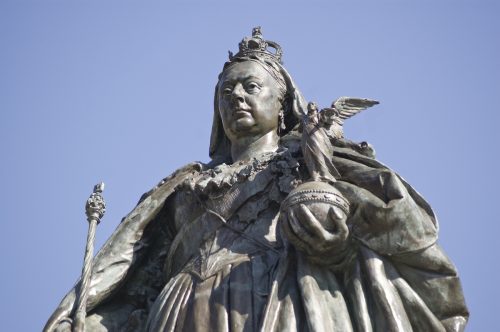
"At some stage, we may need to consider a different approach. It might be that we allow the heir to the throne to act alone, at least for certain functions," Prescott continued. "There are precedents of a sort, for example towards the end of Queen Victoria's reign, the Prince of Wales (later Edward VII) held Privy Council meetings on her behalf as she travelled overseas."
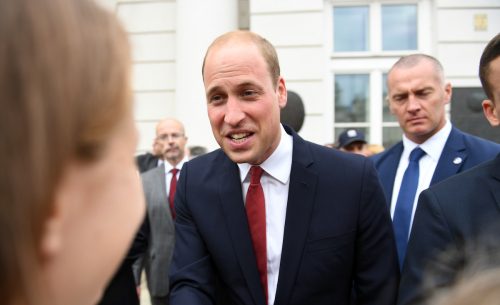
They could also include non-royals amongst the pool of Counsellors of State, having them act alongside a member of the Royal Family. "This could involve retired Supreme Court judges, who, like the Royal Family, are politically impartial," Prescott said. "Again, there are precedents, before the Regency Act was first passed in 1937, Counsellors of State were sometimes non-royals. For example, in 1911, alongside Prince Arthur of Connaught, the Archbishop of Canterbury, the Lord President of the Privy Council and the Lord Chancellor acted as Counsellors of State."
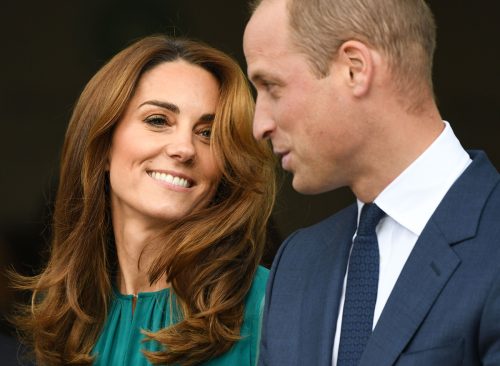
"It might be that in the long term, if there simply aren't the members of the Royal Family available, we have to look at something along those lines. But this is perhaps something for the future, there's no need to think about this just yet," Prescott concluded.
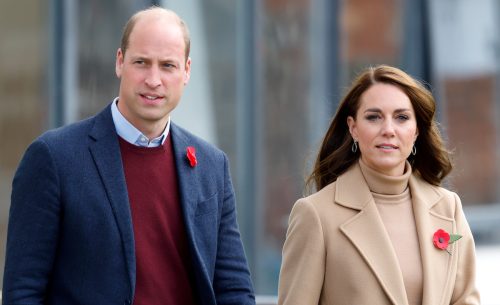
William may have to rely on his wife Kate and, depending on when he becomes King, Prince George, Princess Charlotte, and Prince Louis. The Earl and Countess of Wessex would also be options.
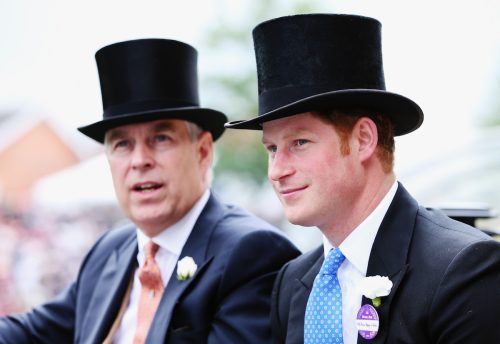
This might be why King Charles opted not to remove Prince Harry and Andrew from the pool. "Purely from a legal point of view, there's little to be gained by removing Prince Harry and/or Prince Andrew. Even if they are removed, without appointing anyone else, in practice we will have Prince William, Prince Edward and Princess Anne as the active Counsellors of State, he said. "Largely the same effect could be achieved, and address the transparency point if Buckingham Palace issued a notice on their website stating that only those who perform public duties will act as a Counsellor of State."









